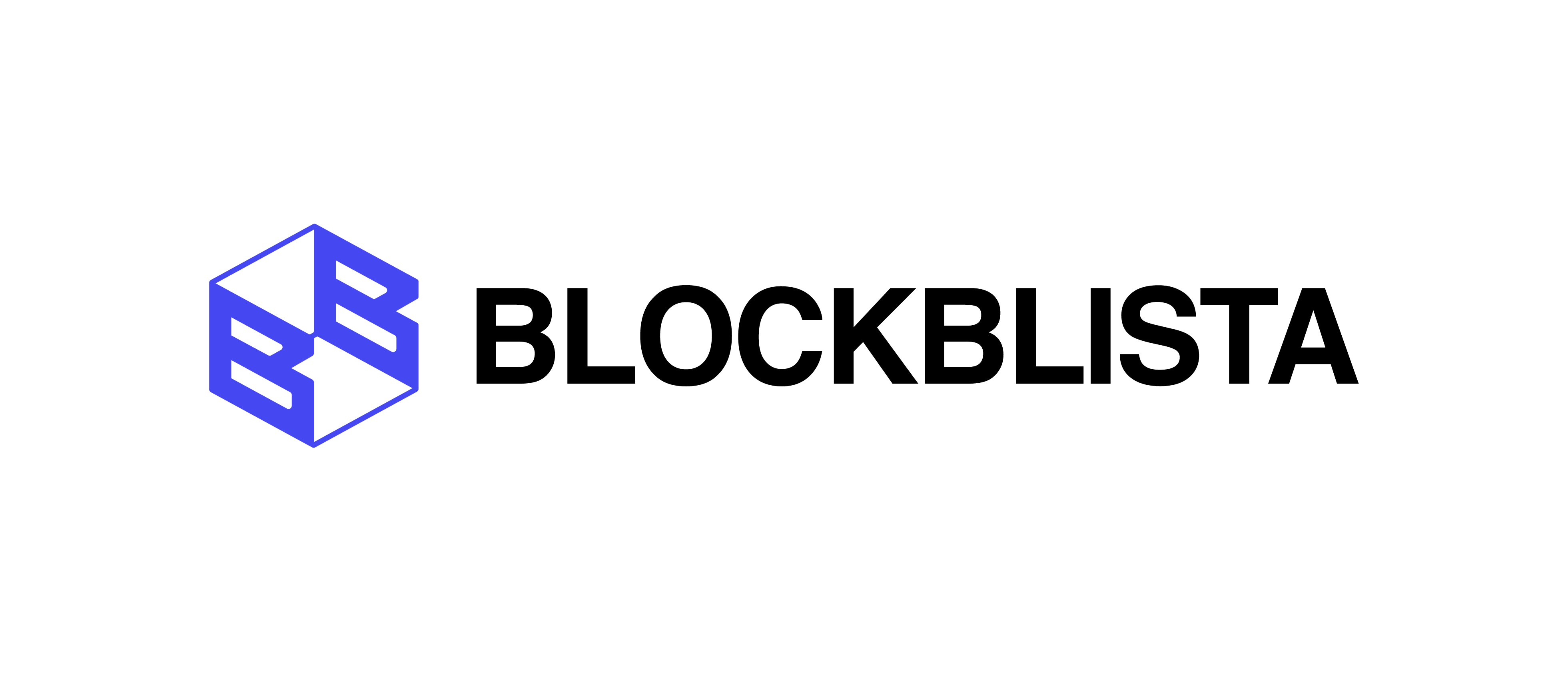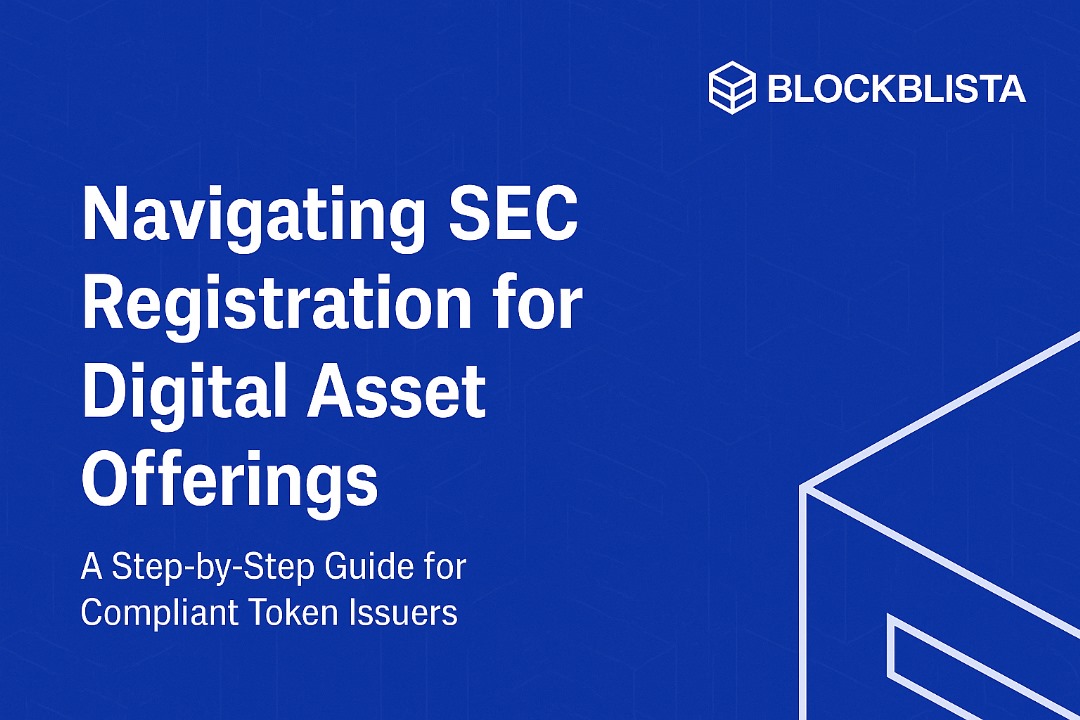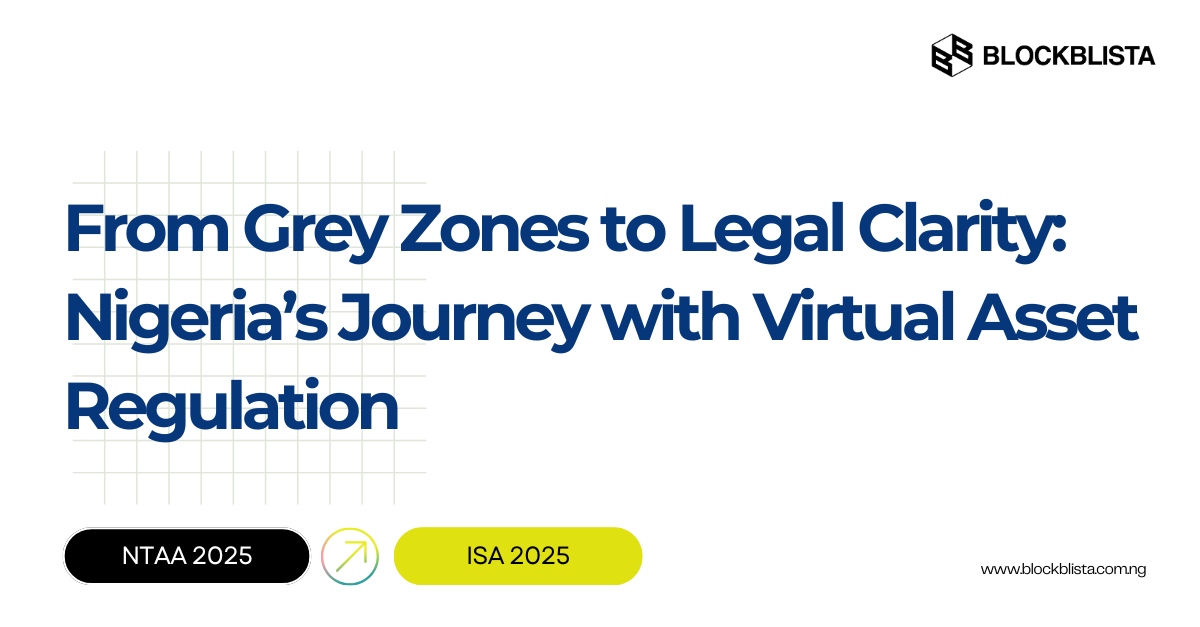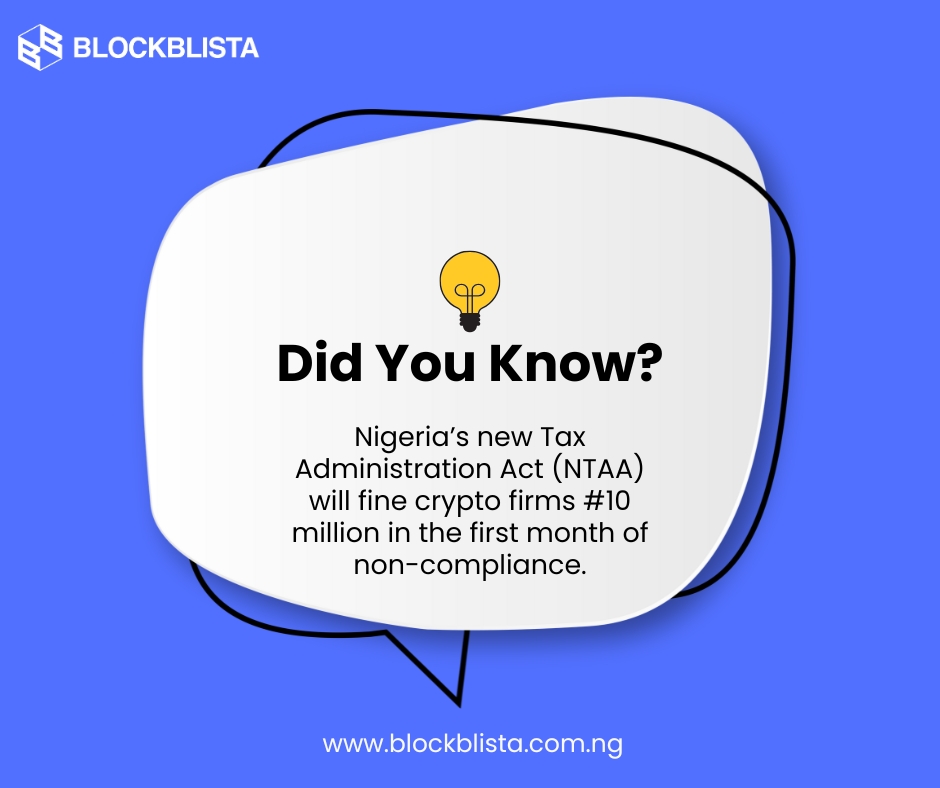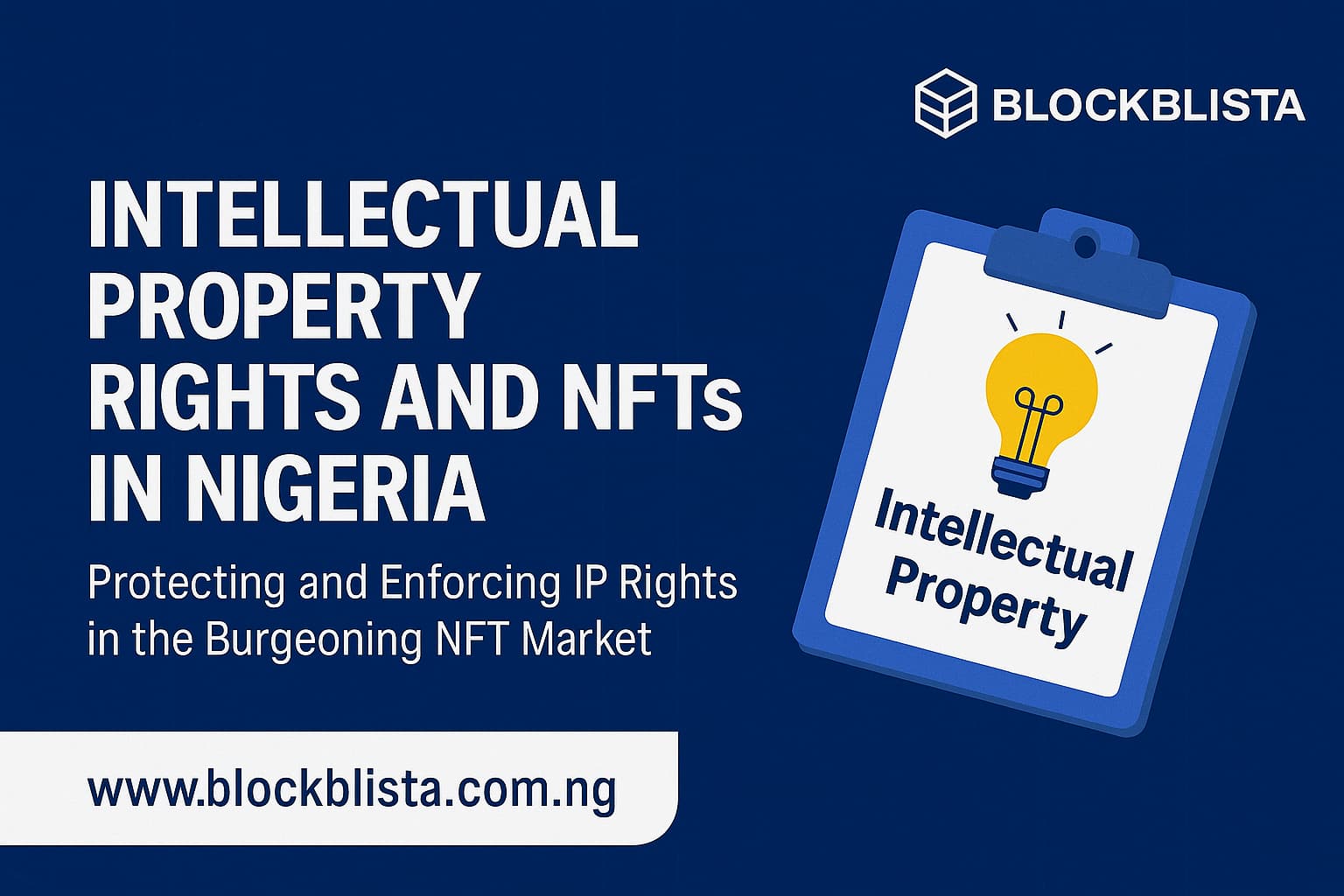If you are planning a digital asset offering, whether a utility token, NFT series, or DeFi product, you must consider how your project aligns with securities regulations. In Nigeria, the recent Investments and Securities Act (ISA) 2024 mandates that most digital asset issuers must register with the Securities and Exchange Commission (SEC). This mirrors trends across the globe, where regulators are increasingly treating token sales and offerings as securities subject to oversight.
Why does it matter to register with SEC?
The era of “launch first, figure out compliance later” is over. Issuing tokens without registering (or qualifying for an exemption) can trigger enforcement actions, fines, or even criminal liability. Registering with the SEC provides legal clarity, builds investor trust, and unlocks access to institutional capital and payment rails.
In brief, below are some steps you can take to avoid pitfall:
Step 1: Determine Whether Your Asset is a Security
Ask: Would this token be considered a “security” under the law?
In Nigeria, if your token:
- is sold with a promise of future returns,
- relies on the efforts of a central team, or
- is used for investment purposes,
then it likely qualifies as a security and must be registered with the SEC. This mirrors the Howey Test used in the U.S. and aligns with EU and UK frameworks that assess the function and expectation behind a digital asset.
Step 2: Prepare a Whitepaper/Prospectus That Meets SEC Disclosure Requirements
This is your core document. It must include:
- A description of the project, technology, and team
- The purpose and mechanics of the token
- Risks associated with the investment
- Financial forecasts and use of proceeds
- Legal disclaimers
NB: Transparency is critical. Misleading or vague information can lead to sanctions.
Step 3: Register Your Offering with the SEC
In Nigeria, SEC registration involves:
- Filing Form SEC 6 (Application Form for Registration of Digital Assets)
- Paying the prescribed fees
- Submitting required documentation (including whitepaper, legal opinion, AML/KYC policy, etc.)
- Awaiting SEC approval before public offering
- Exemptions (e.g., private placements or limited offerings) may apply, but these come with their own limits and reporting requirements.
Step 4: Implement AML/KYC Compliance Infrastructure
SEC requires token issuers to implement strong:
- KYC: Know Your Customer procedures, including identity verification
- AML: Anti-Money Laundering controls, including suspicious transaction reporting
These obligations are not optional. Compliance is essential for both regulatory approval and user trust.
Step 5: Ongoing Reporting and Compliance
Registration does not end with approval. You must:
- File regular reports with the SEC
- Disclose material changes to the project or token
- Maintain transparent records of token issuance, distribution, and treasury movements
Failure to comply can result in penalties or deregistration.
How Blockblista Helps You Stay Compliant
At Blockblista, we work with digital asset projects at all stages; from ideation to launch, to ensuring full regulatory compliance. Our services include:
- SEC registration strategy and documentation
- Drafting whitepapers, token legal opinions, and disclosures
- AML/KYC policy development
- International structuring for cross-border offerings
- Ongoing legal and compliance support
We are here to help you launch with confidence and scale without fear of regulatory surprises.
Ready to Launch Your Digital Asset Offering the Right Way?
Let us guide you through it. Contact us at: ✉ contact@blockblista.com.ng
